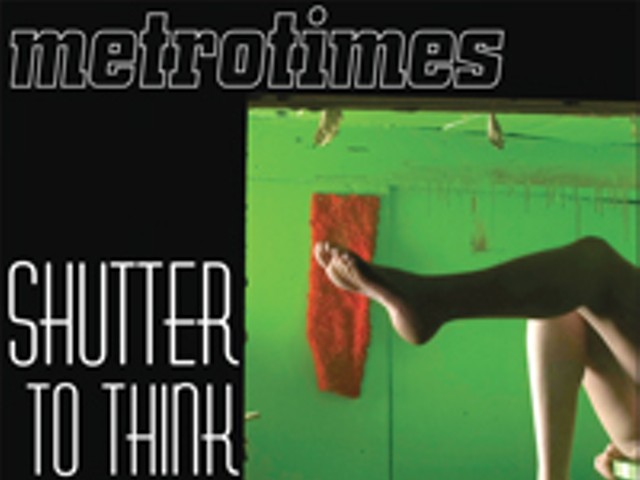Perhaps only now, as Thorburn the middle-aged man returns to this house can he too begin to make sense of the ghosts there: of himself as a boy watching TV while his parents’ marriage hangs jagged and frozen as ice on the eave, of the whispered poison of his father’s voice filling the house, of his mother’s sadness and ulcers. In "Burning Leaves," a boy watches his mother raking leaves into the fire, "not / understanding the tear at the corner of her eye / or the hard way she swept / something ashy away." Many of these poems are strewn with such brave recollections as the poet meditates, as over a cooling fire, sifting both the dead embers of his childhood and the sparks of his longing still raging. In "Bus Depot: Night of Slouched Forms" the speaker watches the strangers around him, fantasizing, remembering, realizing: "The animal I am rests here, / still listening to the wilderness, / horny and faithful to myself." In the title poem, the poet considers both his own and his father’s mortality, remembering a time when they drifted in a dinghy on the back lake: "we / floated together, father and son, / ageless and without purpose…/ my face beginning to inch toward / a secret terror that I would never be / his son again…"
Thorburn’s voice, whether rummaging through memory or in facing his own current desires and fears, is always dead honest, and finds humor in unlikely situations. "Now the children of your children / sit before the tube or the wall screen / and learn the finger in the eye prophecy…" he remarks in "Watching the Three Stooges, After Fifty, in the Hospital," "…and you / in a hospital bed after silliness, / sewn up from the body’s bad joke." The house of the body, the house that holds all memory, will succumb to the elements; Thorburn acknowledges this, but still celebrates with unadorned language the jazz, art and especially film that chase darkness into the corners, inviting a wide cast of characters into his work, including: Bergman, Renoir, Shakespeare, Carson, Monk, Garbo, Truffaut, Rilke, Kafka and many others.
In the song "Back to the Old House" by The Smiths, Morrissey conflictedly croons, "I would rather not go back to the old house; there’s too many bad memories there. I would love to go back to the old house, but I never will …" In his fine collection, Russell Thorburn does return, visiting long shut rooms, allowing us to bear witness.
Eviction
by Russell Thorburn
We sneak back at night sometimes
to stare at the front windows
like bare backs, no curtains anywhere,
and I remember scrubbing floors inside,
the bed stretched like a page
where we wrote with our bodies.
Here I was author to my children,
their faces beginning to form
when my wife’s tongue met mine,
the dark even dimmer
when we stalk our yellow house.
We lean over the fence
where one of my sons fell
off his bike. He picked it up
and pedaled on, his voice
skinned as his knees.
Tonight we look for the tree
where my young sons climbed
from a ten-foot snowbank,
escaping their father as much
as exploring places without ground.
When we look back at the house
it expects us to say something,
but we never do.
Robert Fanning is a poet whose recent book is The Seed Thieves. Send comments to [email protected].





